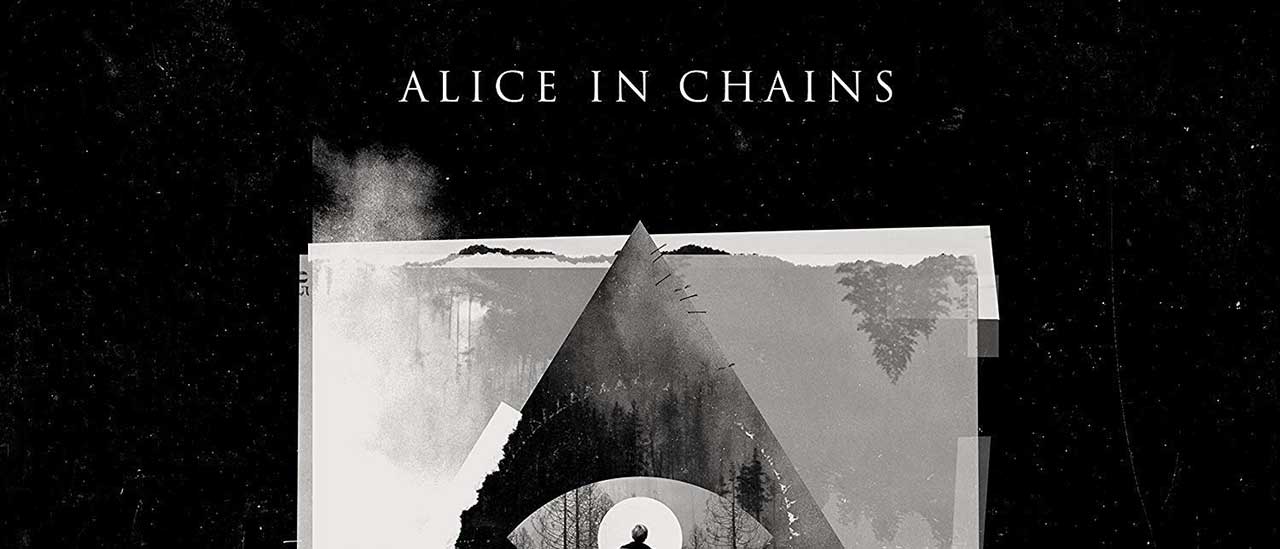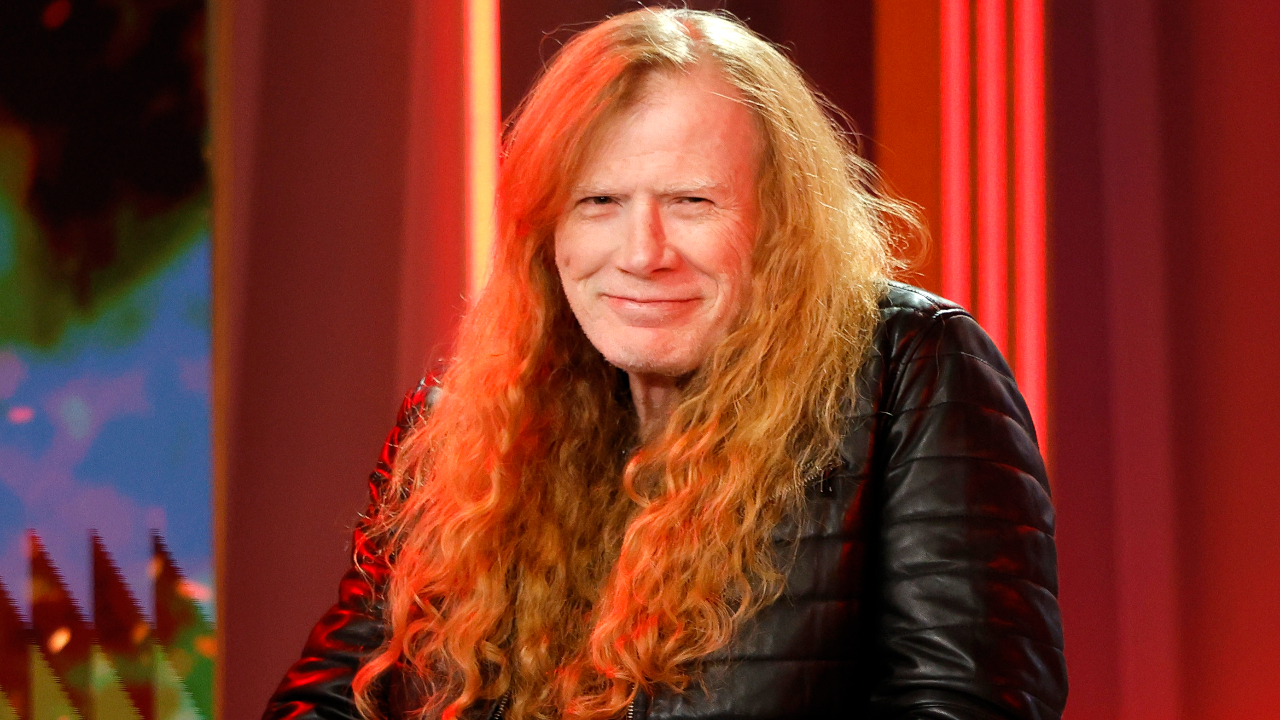You can trust Louder
The second half of Alice In Chains’ 30-plus-year career has been a lot less choppy than the first. Their dignified 2006 reunion, three years after the death of original singer Layne Staley, showed they could do it without the man who gave them their grim charisma or the drug-related arse-ache that came with it. But they’ve lost something along the way, too.
It’s not that Staley’s replacement, William Duvall, hasn’t filled the void at the band’s heart. He has, admirably. Which is kind of the problem: Alice In Chains need a void at their heart. Their third post-Staley album, Rainier Fog lives up to the age-old adage: if it looks like an Alice In Chains record and quacks like an Alice In Chains record, it’s an Alice In Chains record. All the requisite parts are present and correct, from Jerry Cantrell’s monolithic, heir-to-Iommi riffs, to lyrics about death, drug abuse and more death.
As far as Alice In Chains albums go, it’s a good one. But it’s not a truly great one. When it clicks, as on alternately grinding and soaring opener The One That You Know or the woozy psych-metal of Fly, it’s as good as anything they’ve done since they got back together, and up there with the best of what they did first time around. But there are moments when the album is a slog. The aptly titled Drone and Deaf Ears Blind Eyes are a miserably drab one-two ground out early on that kill the album’s momentum stone dead, while So Far Under is the kind of sluggish drudgery that would have struggled even with Staley’s smacked-out magnetism carrying it.
No one expects Alice to get jiggy with it, but this is just dreary. It’s a shame, because there seems to be an interesting lyrical theme tying it together, one that sees the band opaquely addressing their relationship with their home town and their own own ill-starred history. Seattle is woven into the album’s fabric – the title refers to Mount Rainier, the extinct volcano that dominates the city’s skyline.
The shadow of Staley – along with those of late Alice In Chains bassist Mike Starr and fellow grunge icon Chris Cornell – looms equally large. ‘Tell me does it matter if I’m still here or I’m gone,’ Duvall intones on The One You Know, not the only instance he seems to be singing about you know who. In the end, overall the album is far from a disaster – Alice In Chains are too classy for that. But by occasionally confusing drabness for darkness, they’ve fallen short of their own lofty standards.
Sign up below to get the latest from Classic Rock, plus exclusive special offers, direct to your inbox!
Dave Everley has been writing about and occasionally humming along to music since the early 90s. During that time, he has been Deputy Editor on Kerrang! and Classic Rock, Associate Editor on Q magazine and staff writer/tea boy on Raw, not necessarily in that order. He has written for Metal Hammer, Louder, Prog, the Observer, Select, Mojo, the Evening Standard and the totally legendary Ultrakill. He is still waiting for Billy Gibbons to send him a bottle of hot sauce he was promised several years ago.


